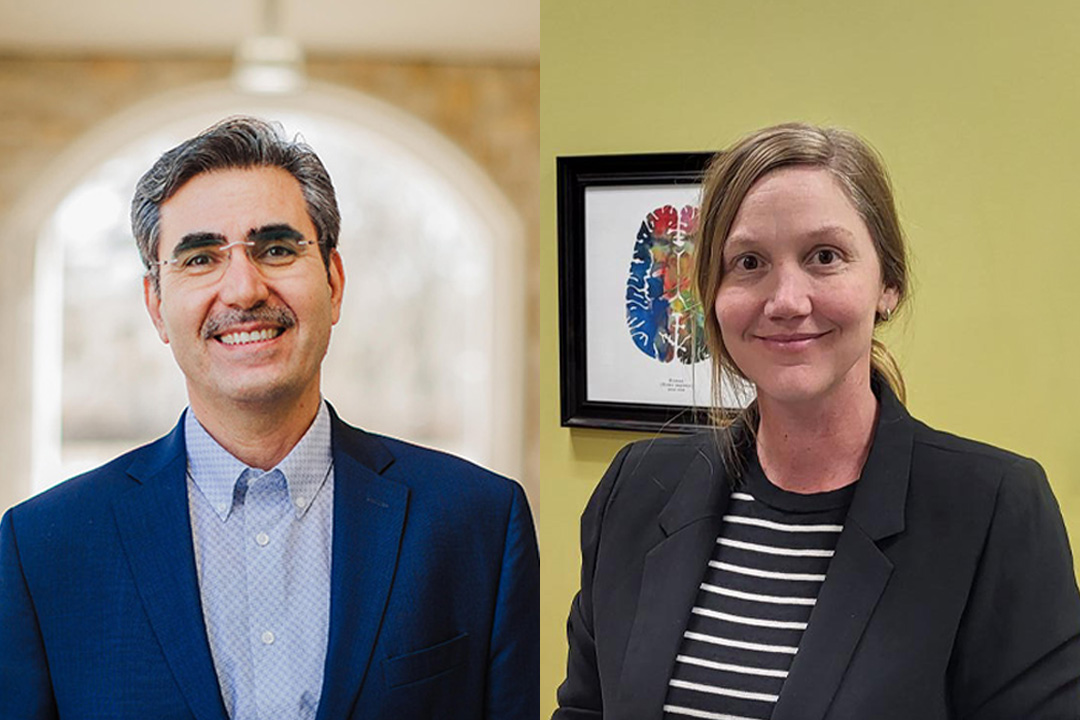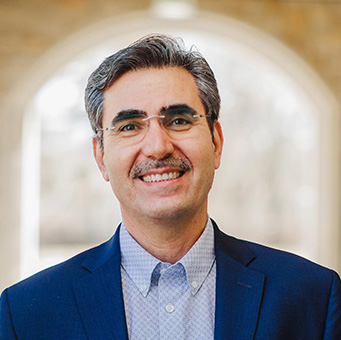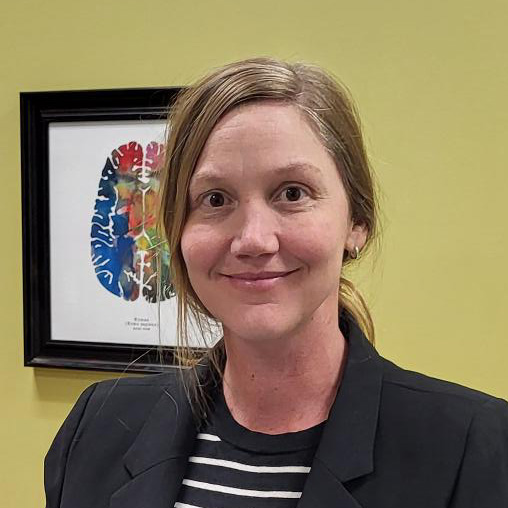
USask honours Vatanparast, Donkers as top researchers
The University of Saskatchewan (USask) has recognized community health researcher Dr. Hassan Vatanparast (MD, PhD), professor in the School of Public Health and the College of Pharmacy and Nutrition, with its top academic honour of Distinguished Researcher. The award will be presented during the June 6 convocation ceremony.
By Sarath Peiris for Research Profile and ImpactAs well, USask has chosen Dr. Sarah Donkers (PhD), assistant professor in the School of Rehabilitation Science in USask’s College of Medicine, as the 2024 New Researcher awardee for her sustained and widely acclaimed contributions to neurorehabilitation and multiple sclerosis (MS) rehabilitation. The award will be presented on June 18 at the USask staff and faculty awards ceremony.
The annual awards, announced by USask Vice-President Research Baljit Singh, honour significant contributions to knowledge or artistic creativity by members of the university’s research community.
Dr. Hassan Vatanparast (MD, PhD)

“I am humbled by this recognition,” said Vatanparast, who credits his team of graduate students and multi-disciplinary research colleagues across Canada and abroad for his wide-ranging successes in a career at USask that spans more than 15 years.
Trained as a medical doctor in his homeland of Iran—where he practised for seven years caring for patients and led regional public health efforts to eradicate polio and other diseases—Vatanparast switched his focus to academia and public health research after arriving at USask in 2002 and earning a PhD in Nutrition, with a post-doctoral fellowship in kinesiology.
“When this type of reward comes,” he said, “you feel that your work is important—that you took the right direction by moving from providing care to one person and feeling rewarded right away by the results, to doing research that might influence public health and impact a greater number of people.”
In nominating Vatanparast for the award, School of Public Health Director Dr. George Mutwiri (DVM, PhD) and College of Pharmacy and Nutrition Dean Dr. Jane Alcorn (DVM, PhD) noted an array of groundbreaking research projects by Vatanparast that have established standards for public health policy and guidelines locally, nationally and internationally.
These include research by Vatanparast on paediatric bone mineral accrual and bone health that helped establish U.S. guidelines on dietary nutrition requirements, with Dieticians of Canada using the findings to develop an osteoporosis resource. Several of his team’s findings in projects that probed the relationships between diet, socio-economic factors and health outcomes at a population level, have been used as evidence in international policy documents such as the World Health Organization’s World Report on Health of refugees and migrants, as well as the Canada Food Guide.
Lauded for his intensive studies on food security, food policy, and nutritional epidemiology—especially among refugees, immigrants and impoverished rural populations in locales such as El Salvador and Guatemala—Vatanparast has established USask as cutting-edge research hub in this field.
Vatanparast has been awarded close to $25 million in research funding as principal investigator (PI) or co-PI. He has nearly 6,200 Google citations and h-Index of 46. His mentorship includes 10 post-doctoral fellows, 20 PhDs, 46 master’s students and numerous undergrad researchers. In 2023, Vatanparast received the Saskatchewan Health Research Foundation (SHRF) Career Achievement Award in 2023 and USask’s Best Supervisor Award at the 30th Annual Life and Health Sciences Research Expo, along with numerous other awards since joining USask.
“I’m most proud of the work that I see ending in a solution, making a difference in people’s lives, research that has real-life implications,” said Vatanparast.
Dr. Sarah Donkers (PhD)

“I am rarely speechless, but I’m speechless and honoured,” Donkers said of her recognition as USask’s New Researcher. “This is recognition for all the people willing to work with me, from people living with MS to health-care providers to physicians to people in the health region and even the Ministry of Health.”
In the five years since earning a doctorate focused on neurorehabilitation from USask, Donkers has assembled multi-stakeholder teams in Saskatchewan and across Canada to advance MS research.
She describes her work as moving two trains forward: one is lab research to better understand how to promote neuro-recovery after central nervous system damage; the other is to share positive lab findings with people living with MS, and health care and health system professionals, to accelerate the translation of research into meaningful clinical care. In the process, Donkers has been awarded more than $20 million in 31 research grants, 18 of those as PI/co-PI.
Understanding of MS is gaining momentum, she said, with research showing the disease has an inflammatory component and a neurodegenerative component.
“All drug therapies to date have addressed the immune component and essentially stopped the recurring inflammatory attacks. Now there’s more focus on the neurodegenerative and neurorecovery components, so the role of rehab has never been more important,” said Donkers, who has a clinical background as a registered physiotherapist.
Dr. Katherine Knox (MD), associate professor in the College of Medicine who was one of Donkers’s two nominators, has joined Donkers in leading a Canada-wide team developing the first-ever best practice guidelines for MS rehab. Their goal is to provide MS care professionals across Canada with evidence-based recommendations and implementation tools to ensure that all neurologic patients, no matter where they live, have equitable access to a standard of care.
“As we develop that expertise, it becomes a community of practice,” she said. “Then, as we learn from our research—BOOM—we have a network for faster dissemination, and we keep moving the two trains forward.”
She is excited about being a co-lead and founding member of MSCanRehab, a network of seven multi-disciplinary researchers across Canada, that was one of only nine groups worldwide to be funded by the International Progressive MS Alliance to develop, test and implement novel therapeutic interventions.
“It highlights the importance of a network. In my little lab I can do my little research, but we are going to be doing better research, faster, when we have these teams working together.”
Donkers has received numerous awards for her research, leadership, and teaching, including SHRF’s 2020 Research Excellence Award, Saskatchewan Physiotherapy Association Award for Research Merit, a Physiotherapy Canada Trailblazer Award that recognizes emerging researchers, and a USask Provost’s Outstanding New Teacher Award. Donkers also is recognized for her eagerness to mentor students, having supervised 34 research-based trainees.
“Anyone interested in anything neurological, neuro-rehab, and/or neuro-research, I’m like ‘Come on in, baby.’ Even if they don’t stick to research, at least they get exposure to working with people living with a neurological condition. I think our job is a privilege and I thoroughly enjoy it.”
Together, we will undertake the research the world needs. We invite you to join by supporting critical research at USask.
Article re-posted on .
View original article.

